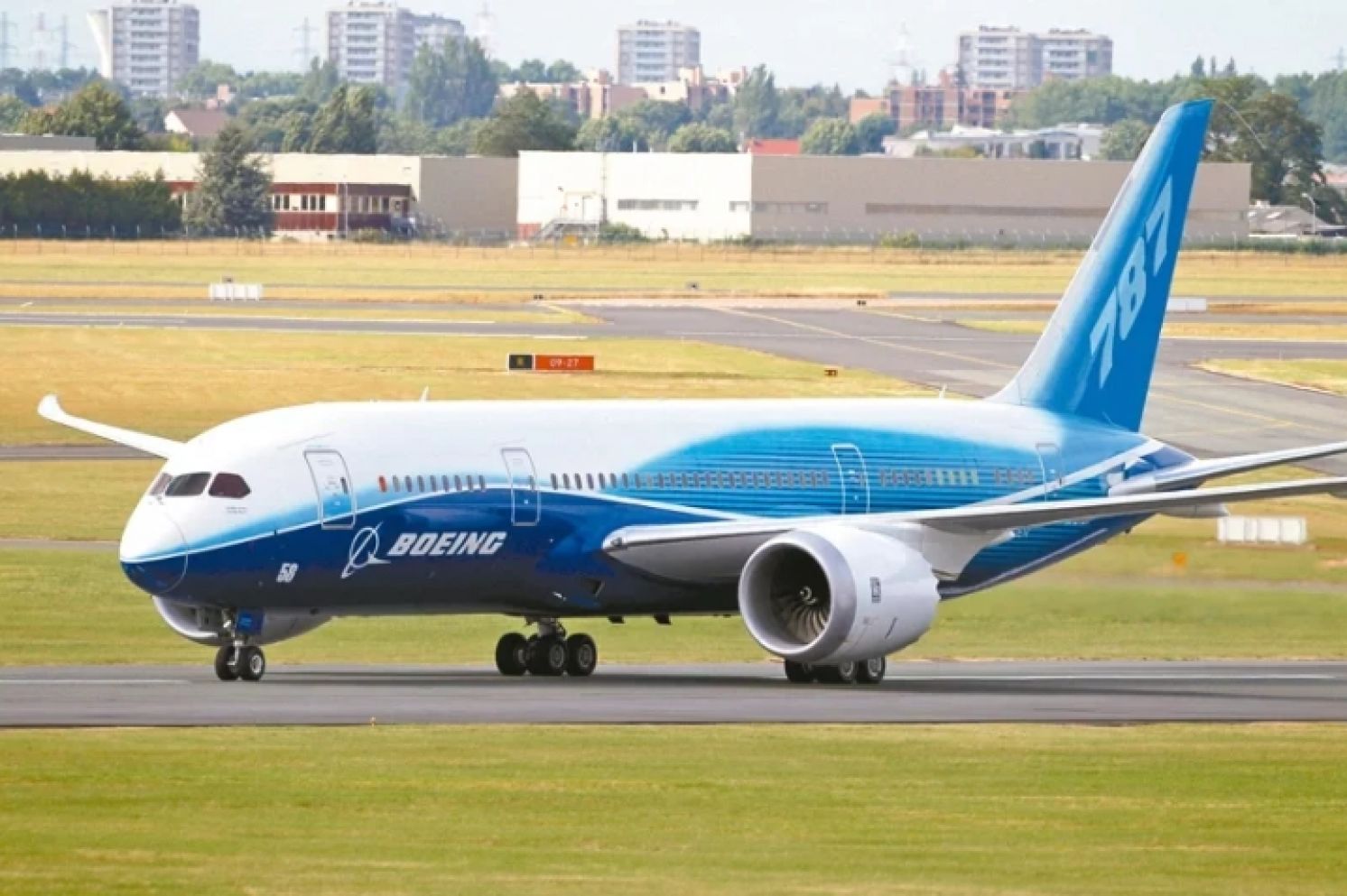
This Week in Taiwan 0828-0903
August 28: The United States Navy's Seventh Fleet confirmed that two guided missile cruisers passed through the Taiwan Strait on the same day, demonstrating U.S. commitment to a free and open Ind-Pacific region. This is the first time that a U.S. ship has passed through the Taiwan Strait after a visit by Speaker Nancy Pelosi of the House of Representatives to Taiwan triggered mainland Chinese military exercises.
The Ministry of National Defense stated that during the period when the U.S. warships sailed through the Taiwan Strait from north to south, the Armed Forces kept abreast of the whole process, and circumstances were normal.
August 30: Taiwan's China Airlines held a extraordinary board meeting to order 16 Boeing 787-9 aircraft, which are expected to be delivered in 2025. When U.S. Senator Lindsey Graham visited Taiwan in April, he conveyed to President Tsai Ing-wen his wishes that Taiwan buy Boeing 787, but the press release by the Office of the President did not include this statement. After an exclusive report by the United Daily News, government officials argue that this is cognitive warfare. China Airlines released a message on August 30 confirming the purchase with Boeing.
September 1: Starting from New Year's Day next year, the monthly basic salary will be raised from NT$25,250 (about US$824) to NT$26,400 (about US$861), an increase of 4.56 percent. Hourly wages will be increased from NT$168 (about U$5.4) to NT$176 per hour (about US$5.7), an increase of 4.76 percent. It is estimated that more than 1.84 million local workers will benefit from the new pay standards.
September 1: The Central Epidemic Command Center recently increased the number of people who may enter Taiwan to 50,000 per week. Considering the increase in the number of travelers, people who enter Taiwan can drive to their quarantine locations by themselves from September 1, and during the four days of self-health management in the current "3+4" regime, home isolation will also be relaxed from the existing "one person per household" to "one person per room" (with a private bathroom).
September 1: Robert Tsao, former chairman of the United Microelectronics Corporation, held a press conference announcing that he will invest NT$1 billion (about US$32.3 million) to train "black bear warriors” and "hometown marksmen," of which NT$400 million (about US$12.9 million) will be used to train 300,000 civilian marksmen; NT$600 million (about US$19.4 million) will be spent in three years to train 3 million "black bear warriors" to assist in regional defense. However, the public reaction is that Tsao's proposal is unrealistic, especially since each proposed "black bear warrior" will only have NT$200 (about US$6.4) for three years, which is inadequate.
September 2: The registration period between August 29 and September 2 for candidates for the local elections elapsed. Candidates will compete for 11,023 seats in nine types of local elected office. Ninety-five (95) have registered to run for mayor or county magistrate of 22 local governments, including 12 candidates for Taipei mayor, the largest number of candidates since the office of mayor was popularly elected. A popular vote to confirm the constitutional amendment to lower the voting age to 18 will also be held on the November 26 election day.
September 2: The Food and Drug Administration, Ministry of Health and Welfare, approved the emergency use authorization (EUA) of Moderna's next-generation vaccine (original strain + BA.1), permitting adults over the age of 18 to be administered third and fourth doses and three months apart from the previous dose. However, critics doubt whether a vaccine which can truly resist the BA.5 strain was purchased.
September 3: The United States announced three arms sale cases to Taiwan, including logistics and support services for long-range early warning radars, 60 Harpoon anti-ship missiles, and 100 Sidewinder air-to-air missiles, totaling about $1.1 billion. This is the sixth and largest arms sale to Taiwan under the administration of President Joe Biden, but reports indicate that the total amount of backlog in the arms sales to Taiwan approved by the United States so far has reached $14 billion, some of which were even publicly announced as early as 2017.